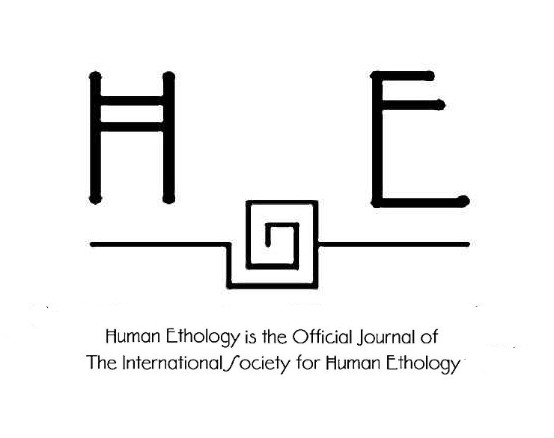Research Article
Daniel J. Kruger, Michael R. Falbo, Mason S. Wicklander, Erin E. O’Hara, Veronica N. Oquendo, Arjun K. Batra, Alyssa M. Moore, Nathan A. Schooner
Human Ethology, Volume 35, 53-66, published July 29, 2020
DOI: https://doi.org/10.22330/he/35/053-066
ABSTRACT
Ingroup loyalty and inter-group competition are important aspects of behavior in humans and other social species. This study investigates the influence of ingroup/outgroup affiliation on compliance with small requests from strangers as well as conceptions of group loyalty as unilateral within a set of competitors. The study context is a prominent rivalry between two American football teams at flagship public universities in neighbouring states, with settings in the home territory of one university and a metropolitan area where loyalties are divided between the two teams. The observational component of the study (N = 513) demonstrated that pedestrians in the home city of one team were more likely to participate in a survey when the soliciting confederate was wearing apparel from the home university than when wearing apparel from the rival university. In the area where team loyalties were evenly divided, there was no difference in survey participation by university apparel condition and participation rates were higher overall. The survey component (N = 158) revealed that participants’ loyalties to these rival teams were inversely related, and few participants expressed a high degree of loyalty to both teams. On the other hand, a larger proportion of participants than expected believed that someone could support both teams in a rivalry. The most popular reason given for dual affiliation was having family members who attended each school, consistent with previous results indicating that kinship may be more important than group loyalty. Other responses indicated both appropriate and inappropriate reasons for mixed loyalty. These results were inconsistent with the participants’ own expressions of team loyalty, which supported the notion of team loyalty as unilateral within a set of rivals.
Keywords: Coalitional Psychology, Compliance, Survey, Loyalty, Behavioral observation
ISSN: 2224-4476

